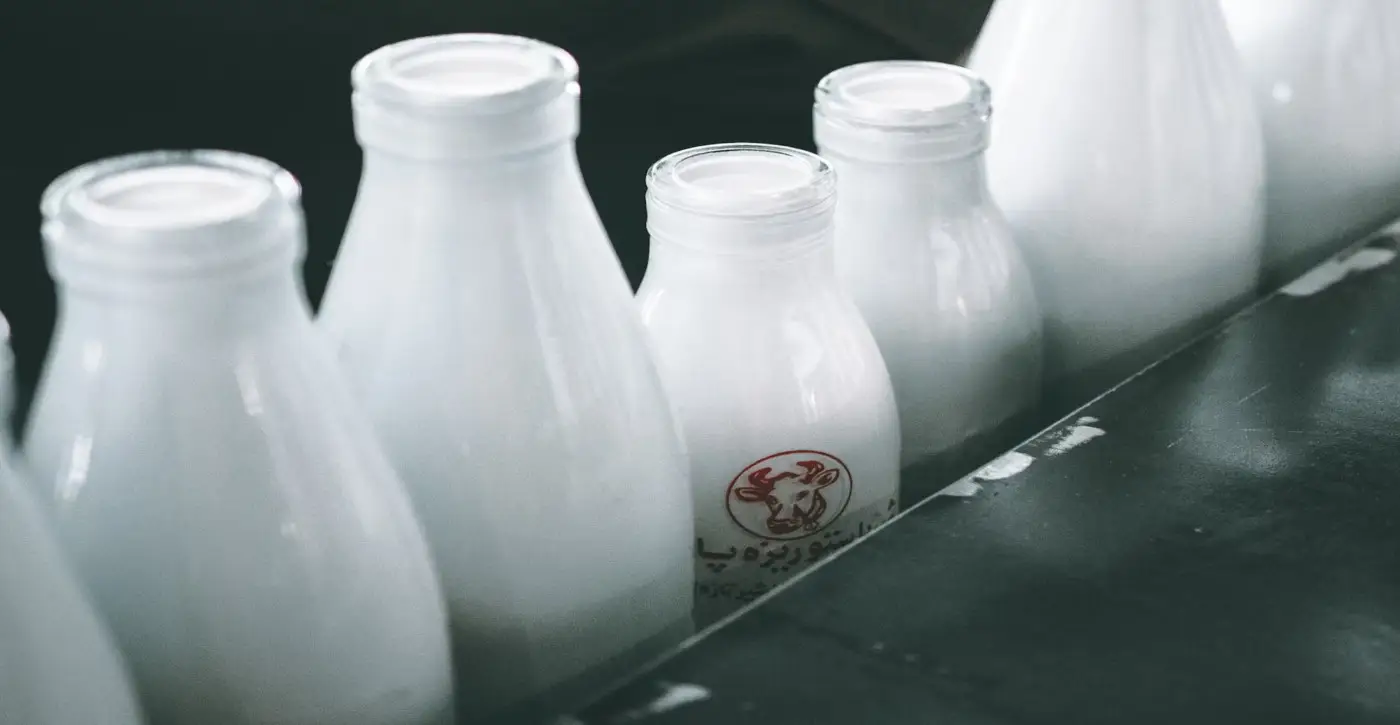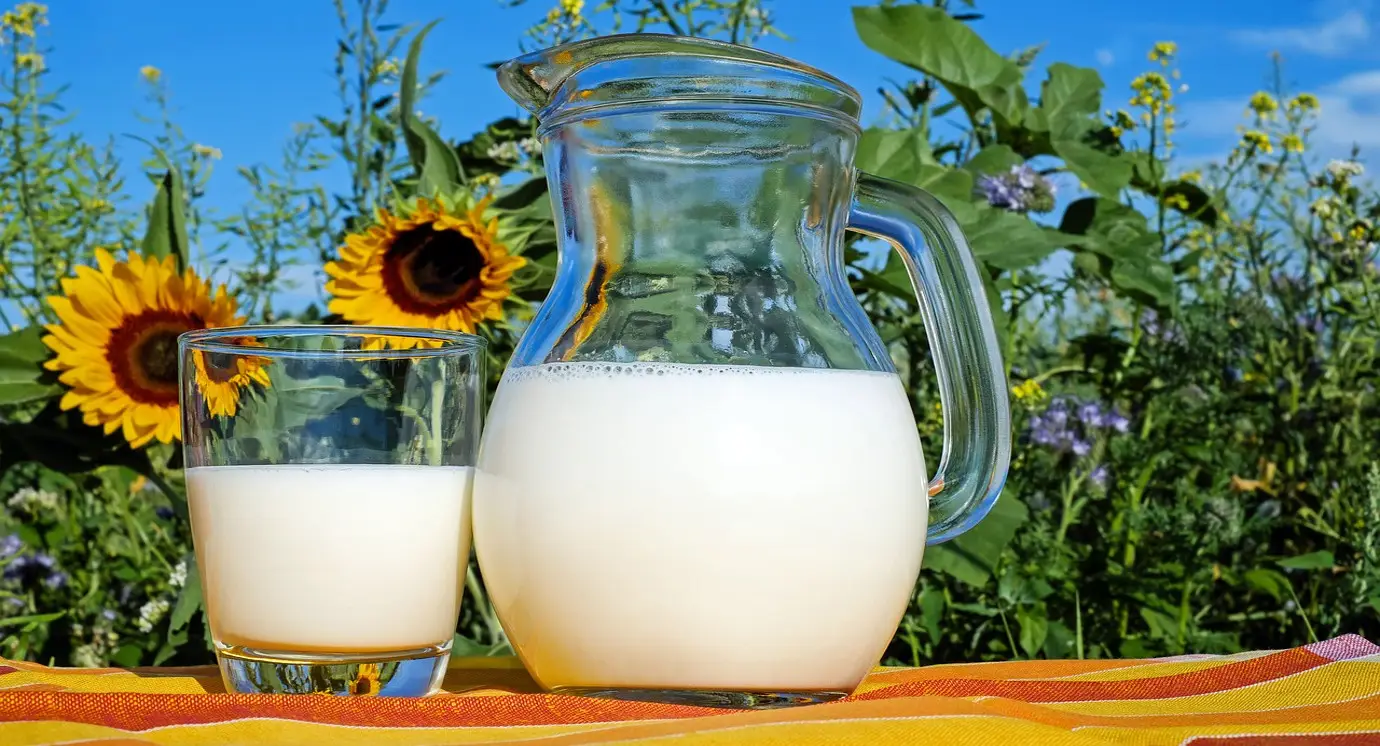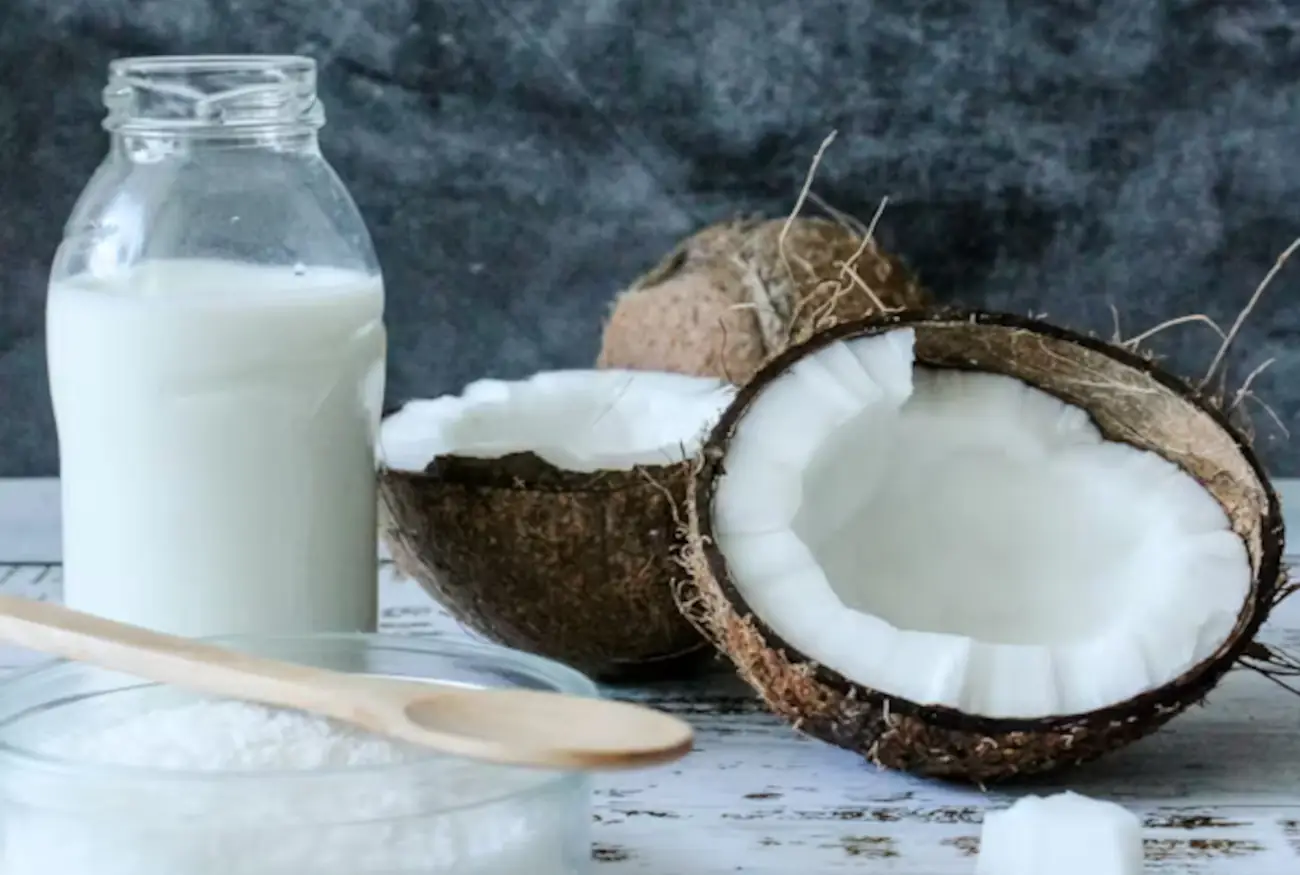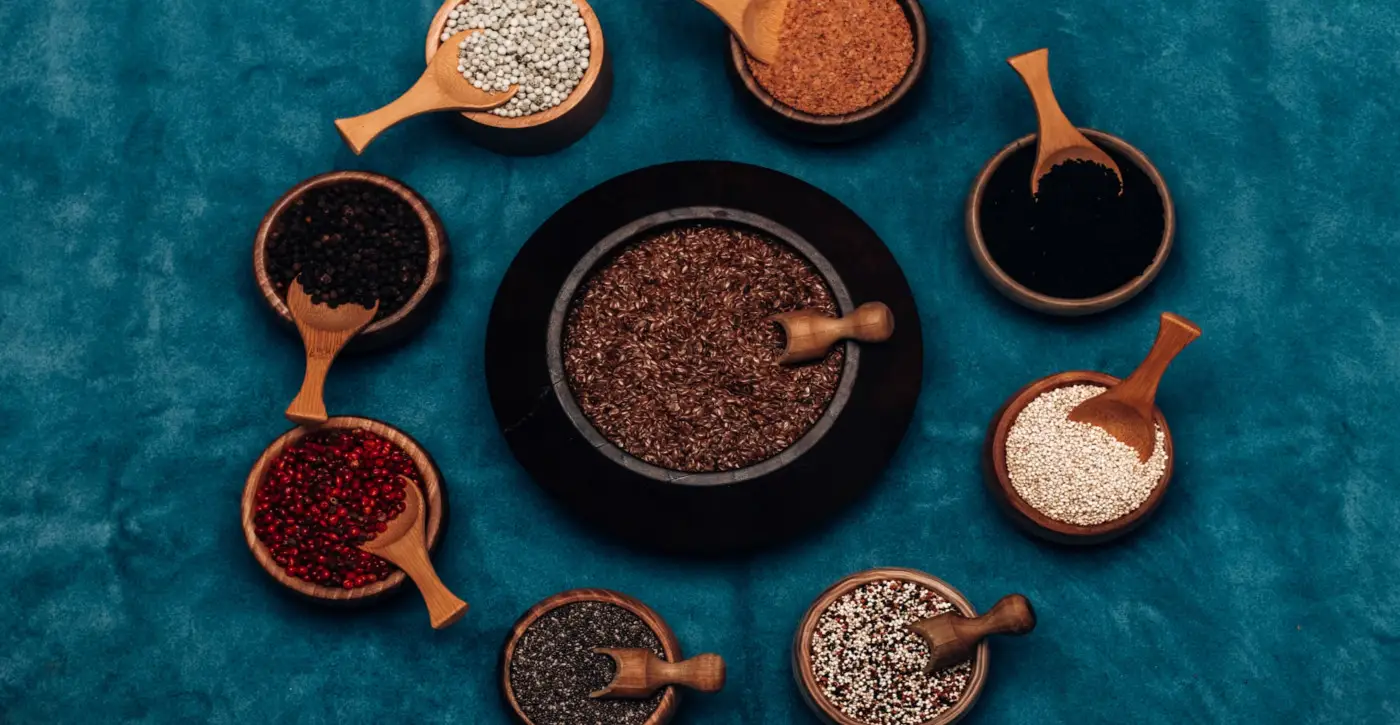Nonfat Milk, Dry, Instant Lysine and Arginine Info Sheet
Overview
Nonfat milk, dry, instant is a dairy product that is made from cow’s milk that has had all of its fat and water removed.It has a powdery texture and a slightly sweet flavor. It is often used as a milk substitute, a baking ingredient, or a food aid.
It can be reconstituted with water to make liquid milk.
Nonfat milk, dry, instant is very low in fat, calories, and cholesterol, but high in protein, calcium, and phosphorus.
It also contains probiotics, which are beneficial bacteria that can improve digestion and immunity.
| Name | Lysine (mg/100g) | Arginine (mg/100g) | Ratio |
|---|---|---|---|
| Nonfat Milk, Dry, Instant | 676mg | 309mg | 2.188 |
Nonfat Milk, Dry, Instant contains 676mg of Lysine and 309mg of Arginine per 100g of product.
This means Nonfat Milk, Dry, Instant has a very high Lysine-Arginine ratio of 2.188.
Because Nonfat Milk, Dry, Instant contains much higher levels of lysine than arginine, it is highly recommended for people who suffer from herpes, as it may prevent outbreaks.
Lysine Considerations
Nonfat milk, dry, instant is an excellent source of lysine, an essential amino acid that is important for protein synthesis, collagen formation, and immune function.
Lysine also helps prevent cold sores caused by the herpes simplex virus.
It's one of the nine amino acids that the body can't produce, so it must be included in our diet.
Lysine has many roles in the body, such as aiding in growth, healing, energy production, immune function, and the production of collagen.
Research indicates that lysine may have an impact on the herpes virus, which is responsible for cold sores and genital sores.
Taking lysine supplements or using lysine cream could potentially prevent or treat these infections by working against the amino acid arginine, which the virus requires for growth.
Arginine Considerations
Nonfat milk, dry, instant is also an excellent source of arginine, another essential amino acid that is involved in wound healing, nitric oxide production, and growth hormone secretion.
Arginine may also improve blood flow, lower blood pressure, and enhance sexual function.
Arginine has a variety of functions in the body, including wound healing, helping the kidneys remove waste products from the body, and maintaining immune and hormone function.
Arginine also plays a role in the replication of the herpes virus, making it a key factor in cold sore outbreaks.
The herpes virus requires arginine to grow, replicate, and create new herpes viruses.
Foods a good source of arginine, such as nuts and chocolate, may increase the frequency and severity of these outbreaks.
Lysine-Arginine Ratio
Nonfat milk, dry, instant has a high lysine-arginine ratio, which means that it has more lysine than arginine.
This may be beneficial for people who suffer from herpes outbreaks, as lysine can inhibit the replication of the virus, while arginine can stimulate it.
However, the lysine-arginine ratio is not the only factor that affects herpes infection, and other dietary and lifestyle factors should also be considered.
Both lysine and arginine are important for protein synthesis and other bodily functions.
The two compounds can affect the herpes simplex virus, which is responsible for cold sores and genital herpes, in opposite ways.
Lysine can the body or stop the virus from reproducing, while arginine can help it propagate.
Eating foods with a high lysine-arginine ratio could help lower the appearance and severity of herpes symptoms.
Some foods that have a high lysine-arginine ratio are milk and cheese, fish, poultry, fruits, and vegetables.
These foods can give the body enough lysine to prevent the virus from taking up arginine, and thus stop its growth and spread.
Dietary Considerations
Dairy is a broad term that includes milk and any of the foods made from milk, such as butter, cheese, ice cream, yogurt, and condensed and dried milk.
Dairy is a good source of lysine, an amino acid that can help to prevent herpes outbreaks.
Milk has a high lysine-arginine ratio, which means it has more lysine than arginine, another amino acid that can stimulate the replication of the herpes virus.
Products that contain milk, cream, yogurt, and cheese also have high levels of lysine and can benefit herpes flare up prevention.
That said, some dairy and dessert products may also contain high levels of sugar, fat, and calories, which can weaken the immune system and trigger outbreaks.
These products should be consumed in moderation and with caution by people with herpes.
Some dairy products that are abundant in lysine and low in sugar, fat, and calories are skim milk, low-fat yogurt, cottage cheese, and frozen yogurt.
Dairy-free alternatives to milk, such as oat milk, almond milk, coconut milk, and rice milk, may not contain such high levels of lysine as dairy products.
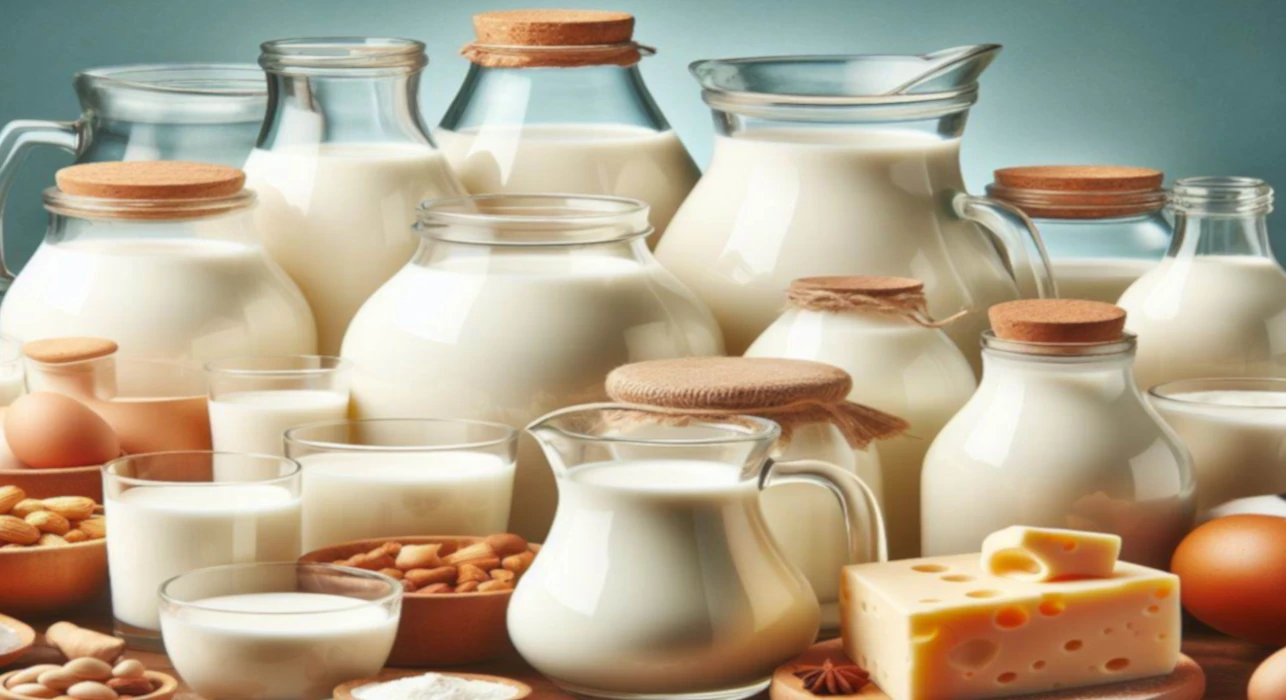
For example:
Eating a balanced and nutritious diet that supports your immune system and reduces inflammation.
This means consuming plenty of fruits, vegetables, whole grains, lean protein, and healthy fats, and avoiding processed foods, added sugars, alcohol, and caffeine.
Avoid alcoholic beverages and caffeine which can overstimulate your body, leave you dehydrated, and compromise your immune system.Consider taking l-lysine supplements, which can help prevent herpes outbreaks and stop a cold sore before it emerges by limiting the availability of arginine for the virus, which it requires to produce a cold sore.
Other food supplements, such as vitamin C, zinc, selenium, and antioxidants, can help you boost your immunity and protect your cells from oxidative stress.
Try eating foods that can enhance your immune system and reduce inflammation to avoid outbreaks.
Some of these foods are honey, yogurt, aloe vera, and chamomile.
They can also help you with your symptoms by easing pain, swelling, and itching, and accelerating your recovery.
Check more food information
